The Sustainable Cities course is taught by 27 world-renowned experts in the field of urban sustainable development:
Aromar Revi

Director, Indian Institute for Human Settlements
Aromar Revi is the Director of the Indian Institute for Human Settlements (IIHS) – India’s first prospective National University for Research and Innovation to address challenges of urbanization through an integrated programme of education, research, consulting and advisory services. He has been a senior advisor to various ministries of the Government of India, consulted with a wide range of UN, multilateral, bilateral development and private sector institutions and works on economic, environmental and social change at global, regional and urban scales.
Aromar has led over a hundred major research, consulting and implementation assignments in India and abroad; helped structure, design, and review development investments in excess of $4 billion; worked on three of the world’s ten largest cities, with communities across twenty-five of India’s twenty-eight states apart from multiple international projects in half a dozen countries.
He is one of South Asia’s leading disaster mitigation and management experts and has led emergency teams to assess, plan and execute recovery and rehabilitation programmes for ten major earthquakes, cyclone, surge and flood events affecting over five million people.
Aromar is considered a leading expert on Global Environmental Change, especially on Climate Change adaptation and mitigation. He was one of the coordinating lead authors for the Urban Areas section of the IPCC 5th Assessment report in 2014 and for 2018 IPCC Special Report on Global Warming of 1.5 °C that assesses the feasibility of mitigation and adaptation options and defines potential implementation pathways and investment needs to implement the Paris Climate Agreement. He also serves as a member of the Global Advisory Board for the Global Assessment of Risk report (2011).
He works on the dynamics of macro-governance and on long-range futures for India and South Asia. He is currently involved in developing
Chandrika Bahadur
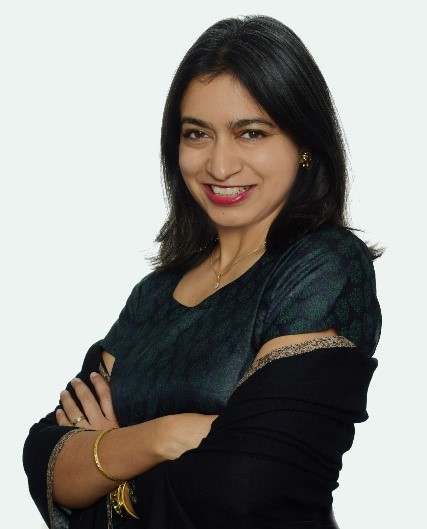
President, SDSN Association
Chandrika Bahadur is the President of the SDSN Association. Previously she was Director of Education Initiatives at the UN SDSN. From 2008-2011, she was
From 2001-2008, Chandrika worked with the United Nations in different roles. In her last assignment, she was a Policy Advisor at UNDP’s Bureau for Development Policy in New York, working in Africa to help Ministries of Finance and Planning align their strategies to the Millennium Development Goals (MDGs), across 20 countries. From 2003-2006, she was part of the leadership team of the UN Millennium Project, an advisory group convened by the then UN Secretary-General Kofi Annan to recommend strategies for the MDGs. From 2001-2002 she worked on trade and HIV and AIDS programs at the United Nations. She has prior teaching experience at Harvard and Columbia universities.
Chandrika holds a Masters degree from the John F. Kennedy School of Government, Harvard University, an MBA from the Indian Institute of Management, Ahmedabad, and a BA (Honours) in Economics from St. Stephen’s College, Delhi University.
Gautam Bhan
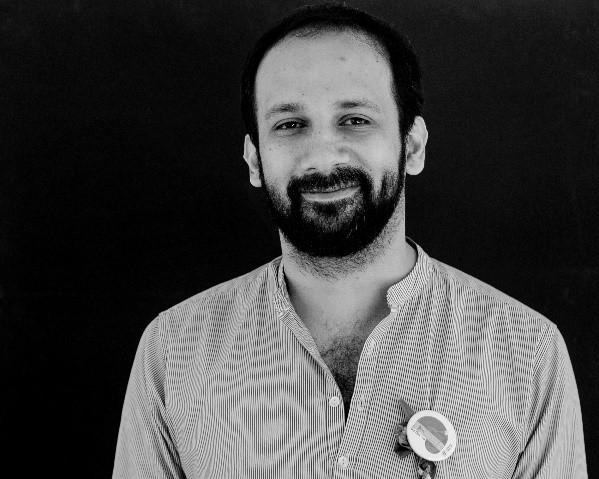
Lead, Academics and Research, Indian Institute for Human Settlements
Gautam works on the politics of poverty, inequality and development in Indian cities with a focus on housing, social security, governance and urban and planning theory. He is the author of In the Public’s Interest: Evictions, Citizenship and Inequality in Contemporary Delhi (2016), and co-editor of Routledge Companion to Planning in the Global South (2018). Gautam also anchors IIHS’ role as a National Resource Centre for the Ministry of Housing and Urban Affairs for the Government of India. He is an active part of urban social movements as well as a frequent columnist and writer in diverse media.
Edgardo Bilsky

Director of Research at United Cities and Local Governments, Barcelona Area, Spain
Edgardo Bilsky is the director of research at United Cities and Local Governments (UCLG, headquarters in Barcelona, Spain) and coordinates UCLG’s triennial flagship report, the Global Report on Local Democracy and Decentralization (GOLD). Born in Argentina, he has a Masters in History from the University of Paris VII and from the
Eugénie Birch

Professor, Co-Director PennIUR (Institute for Urban Research), University of Pennsylvania, Philadelphia
Eugénie L. Birch FAICP, RTPI (hon), is the Nussdorf Professor of Urban Research, Department of City and Regional Planning, School of Design, University of Pennsylvania. She is the founding co-Director of the Penn Institute for Urban Research, dedicated to integrative research and instruction in sustainable urban development. Prof Birch currently serves on the SDSN Executive Committee and as co-chair, SDSN’s Thematic Group on “Sustainable Cities: Inclusive, Resilient and Connected.
Prof Birch has held many leadership positions including Editor, Journal of the American Planning Association, Chair, Planning Accreditation Board, President, Association of Collegiate Schools of Planning, Society for American City and Regional Planning History, and the International Planning History Society and chair, UN Habitat’s World Urban Campaign.
Prof Birch has served as a member of the New York City Planning Commission, and on the jury to select the designers for the World Trade Centre site. She has received several awards: Lawrence C. Gerkens Award in Planning History, Jay Chatterjee Award, Margarita McCoy Award and Distinguished Educator Award from the Association of Collegiate Schools of Planning and the President’s Award from the American Planning Association.
Joshua Castellino

Professor of Law, Dean of the School of Law, Business School, Middlesex University, London and Adjunct Professor of Law, Irish Centre for Human Rights, Galway, Ireland
Joshua Castellino is Professor of Law & Dean of the School of Law and Business at Middlesex University, London, and Adjunct Professor of Law at the Irish Centre for Human Rights, Galway, Ireland. He has held visiting positions in Ireland, Spain, Hungary
He worked as a journalist in Mumbai, with the Indian Express Group, was awarded a Chevening Scholarship to pursue an MA in International Law & Politics in 1995, and completed his
Joshua was part of the EU-China Experts & Diplomatic Dialogue and Lawyers for the New Millennium: Support for the Arab Law Union. He regularly engages with multilateral organizations and Law Societies and NGOs in Europe, Asia, the Middle East
William Cobbett

Director, Cities Alliance, Brussels, Belgium
William (Billy) Cobbett is Director of Cities Alliance, a global partnership for urban poverty reduction and promotion of the role of cities in sustainable development. He joined the Cities Alliance in 2001 after serving as acting Chief of the Shelter Branch at the United Nations Human Settlements Programme (UN-Habitat), where he designed and launched the Global Campaign for Secure Tenure. Prior to joining UN-Habitat, he held numerous positions in his native South Africa, including Director of Housing for the City of Cape Town, Director-General of the National Department of Housing, and National Coordinator of the Department of Local and Regional Government, and Housing, for the African National Congress. He began his urban career as Coordinator of Planact, an urban NGO in Johannesburg.
Michael A Cohen
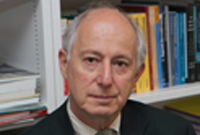
Professor of International Affairs, The New School, New York
Michael Cohen (
He worked at the World Bank from 1972 to 1999 and was responsible for much of the Bank’s urban policy development during that period. From 1994-1998, he served as the Senior Advisor to the Bank & Vice-President for Environmentally Sustainable Development.
Prof Cohen has worked in 55 countries and was involved in the World Bank’s work on infrastructure, environment, and sustainable development. He has published several books on urban development, centrally Africa, and the impact of development assistance.
Renana Jhabvala

Chairperson of SEWA Bharat, Delhi
Renana Jhabvala serves as a member on the IIHS board. She is currently the Chairperson of SEWA Bharat, the
She is now responsible for the SEWA movement at the national as well as the international levels. She was the chair of SEWA Bank. Renana is committed to micro-finance and the financing of businesses owned and managed by poor women.
Kamal Kishore
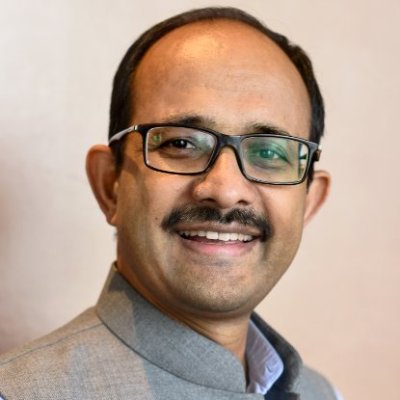
Member, National Disaster Management Authority, New Delhi
Kamal Kishore has worked on disaster risk reduction and recovery issues for over 22 years at the local, national, regional and global levels. Prior to joining the National Disaster Management Authority, he worked with the United Nations Development Programme (UNDP) for nearly 13 years in New Delhi, Geneva
At UNDP headquarters he led global advocacy campaigns to address disaster risk reduction concerns in the UN’s Sustainable Development Goals and the post-2015 development agenda. As programme advisor, he also led the development of disaster and climate risk management related elements of the UNDP Strategic Plan (2014-17). Previously, as UNDP's regional advisor for South and South-West Asia, he supported more than 10 countries on a range of public policy and institutional development issues, while also advising them on the use of appropriate risk reduction tools and methodologies.
Prior to UNDP, he served at the Asian Disaster Preparedness Centre as Director of Information and Research, and Manager of the Extreme Climate Events Programme covering Indonesia, the Philippines
Kamal Kishore has a Bachelor’s degree in Architecture from the Indian Institute of Technology, Roorkee, and a Master’s degree in Urban Planning, Land and Housing Development from the Asian Institute of Technology, Bangkok.
Allan Lavell
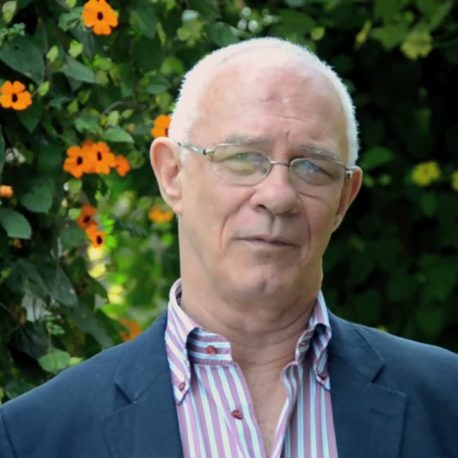
Facultad Latinoamericana de Ciencias Sociales-Latin American Social Sciences Faculty (FLACSO) - Costa Rica
British Citizen resident in Costa Rica since 1980, Professor Allan Lavell, attended his
Professor Lavell is the winner of the 2015 United Nations Sasakawa Award for Disaster Risk Reduction, for having helped in ‘Shaping the Future’, the theme of the 2015 Award. His work was described as “…a timeless model; a model for all times”.
His past professional activities
Since 1992, he has been the Coordinator of FLACSO’s Social Studies, Risks
Eduardo Moreno
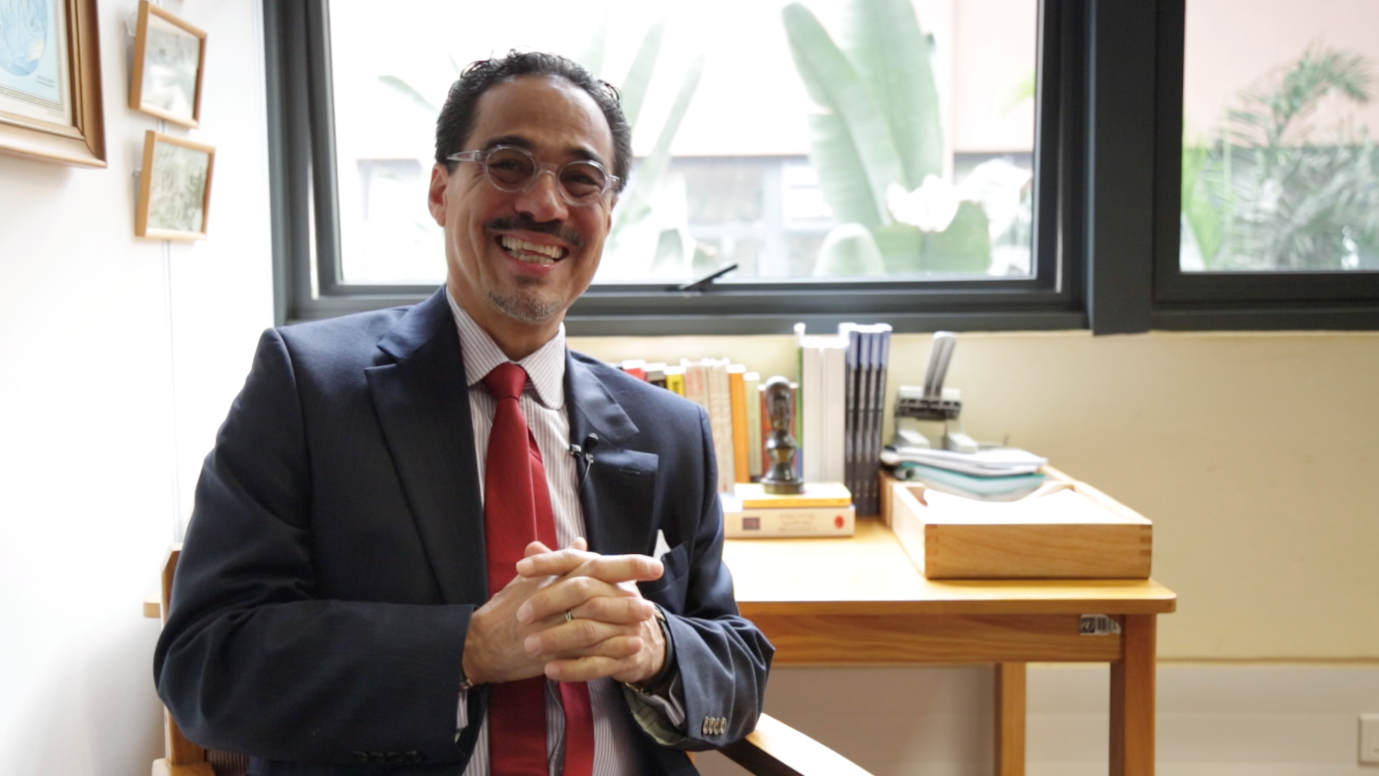
Director of Research and Capacity Development, UN-Habitat
Eduardo López Moreno is the Director of Research and Capacity Development at
His qualifications include a Ph.D. in urban geography from the University of Paris III-Sorbonne in France and a Masters degree in urban sociology from the same University. He also has a BA in Architecture from the University of Guadalajara, Mexico.
He has published five books on topics related to social housing, land policies and urban development. Dr. López Moreno is the Task Manager and principal author of the State of the World’s Cities Report 2006/7, 2008/9 and 2010/11, one of the UN-Habitat flagship reports. He authored the study “Slums of the World: the Face of Urban Poverty in the New Millennium” (2003) for UN-Habitat. Recently, he published the book Construcción de
He has received numerous distinctions; among them is
Peter Newman

John Curtin Distinguished Professor, School of Design and the Built Environment, Curtin University, Perth, Australia
Peter Newman is the Professor of Sustainability at Curtin University. He sat on the Board of Infrastructure Australia and is the Co-ordinating Lead Author for Transport on the IPCC. In 2014 Peter was awarded an Order of Australia for his contributions to urban design and sustainable transport, particularly related to the saving and rebuilding of Perth’s rail system. He has been
A Fulbright Senior Scholar at the University of Virginia Charlottesville he taught there 2006-08, Peter has also taught at
Professor Newman has written 20 books and over 350 papers, including ‘Resilient Cities: Overcoming Fossil Fuel Dependence’ (2017), ‘The End of Automobile Dependence: How Cities are Moving Beyond Car-Based Planning’ (2015), ‘Green Urbanism in Asia’ (2013), ‘Green Urbanism Down Under’ (2009) and & Sustainability and Cities: Overcoming Automobile Dependence & with Jeff Kenworthy which was launched at the White House in 1999. His book ‘Cities and Automobile Dependence’ (1989) with Jeff Kenworthy has been described as ‘one of the most influential planning books of all time’ by Reid Ewing Professor of City and Metropolitan Planning at the University of Utah.
Susan Parnell

Chair in Human Geography, School of Geographical Sciences at the University of Bristol, UK
Prof Susan Parnell is the Chair in Human Geography at the University of Bristol School of Geographical Sciences. She has previously served at the Department of Environmental and Geographical Sciences and was on the Executive of the African Centre for Cities at the University of Cape Town. She has held previous academic positions at the University of Witwatersrand, at School of Oriental and African Studies (SOAS), University of London and visiting research fellowships from the LSE, Oxford University, Durham University, the British Academy and was a Leverhulme Visiting Professor at University College London.
She is a widely published author of scholarly papers. She serves on the Editorial Boards of many ISI ranked academic journals dealing with urban and development issues. Sue’s early academic research was in the area of urban historical geography and focused on the rise of racial residential segregation and the impact of colonialism on urbanization and town planning in Sub-Saharan Africa.
Sue has served on the boards of several local NGOs working on poverty alleviation, sustainability and gender equity is a regular keynote speaker and is part of national and international advisory research panels.
Sheela Patel

Founder Director, Society for Promotion of Area Resource Centres (SPARC), Mumbai; Founder Member, Slum/Shack Dwellers International (SDI)
Sheela Patel is the Founder-Director of the Society for Promotion of Area Resource Centres (SPARC), a Mumbai-based NGO that works on housing and infrastructure rights for the urban poor since 1984. Sheela is the Chair of Slum Dwellers International (SDI), a network of community-based
After getting her Masters in Social Work from the Tata Institute of Social Sciences in 1974, Sheela Patel worked at a community
In 2000, SPARC was awarded the United Nations Human Settlement Award. Patel is a recipient of Padma Shri, India’s fourth-highest civilian award for her work on urban poverty. She has also received the David Rockefeller Bridging Leadership Award from the Synergos Institute, a recognition of her extensive efforts to ameliorate urban poverty.
Edgar Pieterse


South African Research Chair in Urban Policy & Director of African Centre for Cities, University of Cape Town, Rondebosch
Prof Edgar Pieterse is an urban scholar, writer, curator and creative agent whose interests include the theory and practice of policy discourses and interventions to make African cities more just, open and accessible. He holds the South African Research Chair in Urban Policy at the University of Cape Town and is Director of the African Centre for Cities.
Formerly a special policy advisor to the
Apiwat Ratanawaraha
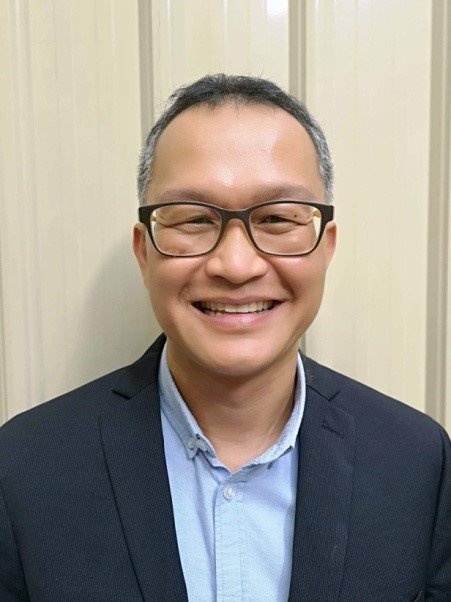
Professor, Chulalongkorn University, Bangkok
Apiwat Ratanawaraha teaches at the Department of Urban and Regional Planning and serves as an advisor at the Urban Design and Development Center, both at Chulalongkorn University in Bangkok. He is also an advisor at Baania.com, a Thai
Srinath Reddy
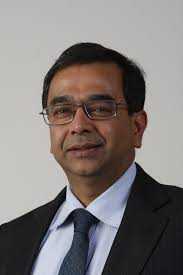
President, Public Health Foundation of India, New Delhi
Prof. K. Srinath Reddy is President, Public Health Foundation of India (PHFI) and formerly headed the Department of Cardiology at All India Institute of Medical Sciences (AIIMS). He was appointed as the First Bernard Lown Visiting Professor of Cardiovascular Health at the Harvard School of Public Health in 2009. He is also an Adjunct Professor of the Rollins School of Public Health, Emory University and Honorary Professor of Medicine at the University of Sydney. PHFI is engaged in capacity building in Public Health in India through education, training, research, policy development, health communication
He has served on many WHO expert panels and has been the President of the World Heart Federation (2013-14). He also chairs the Core Advisory Group on Health and Human Rights for the National Human Rights Commission of India and is a member of the National Science and Engineering Research Board of Government of India. He recently chaired the High-Level Expert Group on Universal Health Coverage, set up by the Planning Commission of India. He has also served as the President of the National Board of Examinations which deals with post-graduate medical education in India.
Prof. Reddy is a member of the Leadership Council of the Sustainable Development Solutions Network (ww.unsdsn.org), established to assist the United Nations in developing the post-2015 goals for sustainable development. He chairs the Thematic Group on Health in the SDSN.
Debra Roberts

Head, Sustainable and Resilient City Initiatives Unit, eThekwini Municipality, Durban
Dr. Debra Roberts is currently head of the Sustainable and Resilient City Initiatives Unit in eThekwini Municipality (Durban, South Africa). Prior to taking up this post in 2016, she established and managed the Environmental Planning and Climate Protection Department of the same municipality for 22 years (1994-2016) and was selected as the city’s first Chief Resilience Officer in 2013. Dr. Roberts was a lead author of Chapter 8 (Urban Areas) and a contributing author to Chapter 12 (Africa) of Working Group II of the Intergovernmental Panel on Climate Change’s (IPCC) Fifth Assessment Report and was elected as Co-Chair of Working Group II for the IPCC’s sixth assessment cycle in 2015. She was a member of the South African United Nations Framework Convention on Climate Change (UNFCCC) negotiating team until December 2015, and has sat on various international advisory bodies focused on climate change issues in cities (e.g. the Rockefeller Foundation’s Asian Cities Climate Change Resilience Network and UN-Habitat’s 2011 “Cities and Climate Change” Global Report). She was a member of the Sustainable Development Solutions Network Thematic Group on Sustainable Cities involved in
Jeffrey Sachs
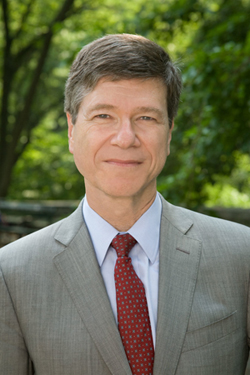
Director, Centre for Sustainable Development, Columbia University; Director, UN Sustainable Development Solutions Network; Chair and Founder, SDG USA
Jeffrey D. Sachs is a world-renowned professor of economics, a leader in sustainable development, senior UN advisor, bestselling author, and syndicated columnist whose monthly newspaper columns appear in more than 100 countries. He is the co-recipient of the 2015 Blue Planet Prize, the leading global prize for environmental leadership. He has twice been named among Time Magazine’s 100 most influential world leaders. He was called by the New York Times, “probably the most important economist in the world,” and by Time Magazine “the world’s best- known economist.” A recent survey by The Economist Magazine ranked Professor Sachs as among the world’s three most influential living economists of the past decade.
Professor Sachs is widely considered to be one of the world’s leading experts on economic development, global macroeconomics, and the fight against poverty. His work on ending poverty, overcoming macroeconomic instability, promoting economic growth, fighting hunger and disease, and promoting sustainable environmental practices, has taken him to more than 125 countries with more than 90 percent of the world’s population. For more than thirty years he has advised dozens of heads of state and governments on economic strategy, in the Americas, Europe, Asia, Africa, and the Middle East. He was among the outside advisors to Pope John Paul II on the encyclical Centesimus Annus and in recent years has worked closely with the Pontifical Academy of Sciences and the Pontifical Academy of Social Sciences on the issues of sustainable development.
Professor Sachs is the Director of the United Nations Sustainable Development Solutions Network (SDSN) which launched in 2012, bringing together scientific and technical expertise from academia, civil society and the private sector to support and promote sustainable development problem-solving at local, national and global levels. The design and implementation of the Sustainable Development Goals (SDGs) is an important part of its work.
David Satterthwaite

Senior Fellow, Human Settlements Group, International Institute for Environment and Development; visiting
Prof David Satterthwaite is a Senior Fellow, Human Settlements Group, at the International Institute for Environment and Development (IIED) and Visiting Professor at the Development Planning Unit, University College London. He was awarded the Volvo Environment Prize in 2004 and was part of the IPCC team
David specializes in poverty reduction and environmental problems in urban areas. In addition, he works in climate change adaptation, including contributions to the IPCC’s Third and Fourth Assessments and as one of the coordinating lead authors for the chapter on
His latest book, Cities in a Finite Planet, published by Routledge, was produced with IPCC colleagues on how cities can address development issues, disaster risk reduction, and climate change adaptation and mitigation. He has undertaken research on the current and potential role of urban poor federations to address their needs and develop partnerships with government agencies and research on why the scale and depth of urban poverty
He has written and edited various books on urban issues, including Squatter Citizen (with Jorge E. Hardoy), The Earthscan Reader on Sustainable Cities, Environmental Problems in an Urbanizing World (with Jorge E. Hardoy and Diana Mitlin) and Empowering Squatter Citizen (with Diana Mitlin), which are published by Earthscan, London. He is also
Seth Schultz
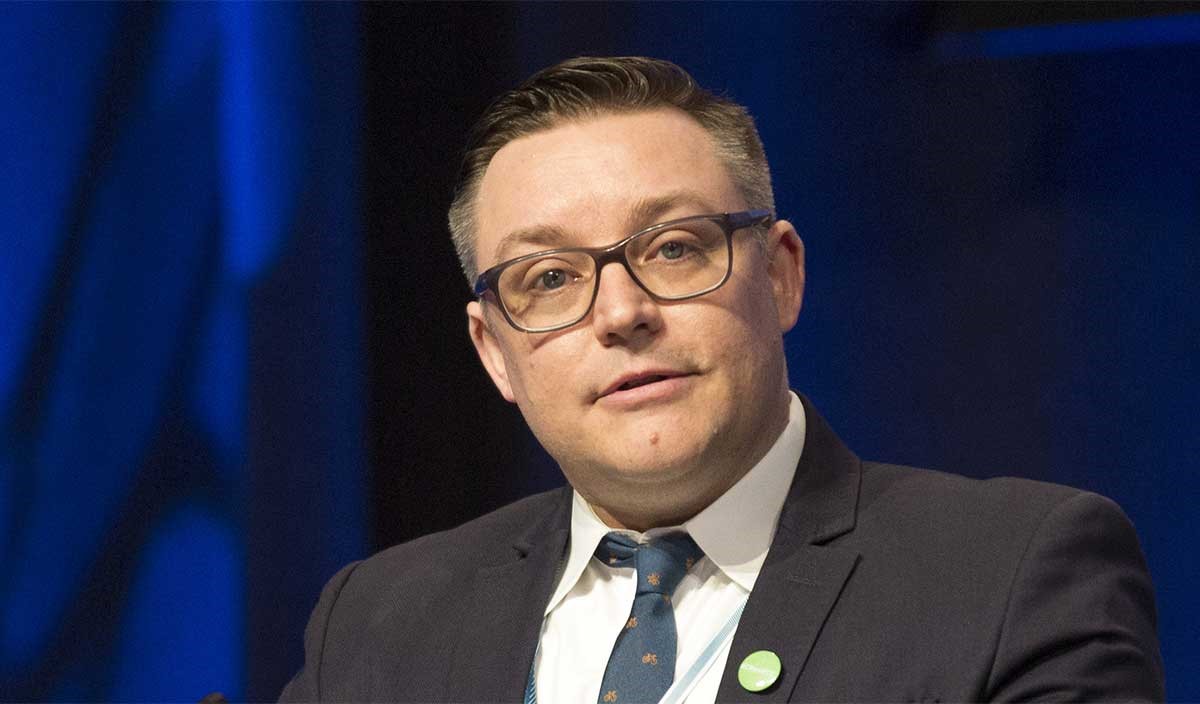
Founder & CEO of Urban Breakthroughs
Seth Schultz is the founder of Urban Breakthroughs, a consultancy focusing on climate change and cities. He has over 20 years of experience working internationally on the environment, sustainability and climate change. Over the past
He is currently serving as the Special Advisor to the Global Covenant of Mayors on Research & Innovation. He is also the Co-Founder and Special Advisor to the Coalition for Urban Transitions. This past year he was also the Co-Chair of the Scientific Steering Committee for CitiesIPCC and served as a lead author on the groundbreaking IPCC Special Report on 1.5 Degrees.
Seth was previously the Global Director for Science & Innovation at C40 Cities Climate Leadership Group where he was instrumental in leading the development of that organization over the last decade. During his work in the NGO
Seth sits on various boards and advisory councils, is a sought after speaker and guest lecturer, and has authored numerous articles, reports, blogs and thought leadership pieces around the world. He has a bachelors of Environmental Science from Binghamton University and currently lives in the Hudson River Valley in New York with his wife and three children.
Clare Short

Chair, Cities Alliance (CA),
Clare Short entered the House of Commons in 1983 as the Member of Parliament for her native Birmingham Ladywood and stood down in 2010. She was Shadow Minister for Women (1993-1995) and Shadow Secretary of State for Transport (1995-96). She was Shadow Minister on Overseas Development (1996-97). She served as the Secretary of State for International Development (1997-2003) in the Labour government until she resigned from the government over the Iraq war. She is a Trustee of Africa Humanitarian Action and Chair of Welfare Association UK which provides support to Palestinian refugees
David Simon
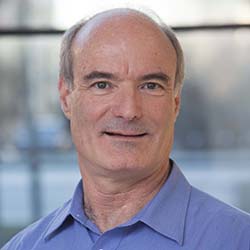

Professor of Development Geography, Royal Holloway, University of London; and Director of Mistra Urban Futures, Chalmers University of Technology, Sweden
David Simon is Professor of Development Geography at Royal Holloway, University of London, UK. He is a former Rhodes Scholar (1979-82) and in 2009 was elected as a Fellow of the Academy of Social Sciences in the UK.
His particular research interests include cities, urbanization and urban-rural interaction; development theory, policy and practice; the development-environment interface including sustainability and climate/environmental change; and transport and regional and national development planning. He is a specialist on sub-Saharan Africa and also has research experience in
His most recent books are (as editor and co-author) Rethinking Sustainable Cities (Policy Press, 2016), (as co-editor and co-author) Urban Planet (Cambridge Univ Press, 2018), and Holocaust Escapees and Global Development: Hidden histories (Zed Books, 2019), while (as editor and co-author) Key Thinkers on Development (2nd
He is a former editor and chair of the editorial board of the Journal of Southern African
John Thwaites
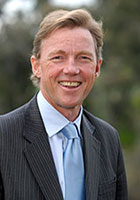
John Thwaites is a Professorial Fellow, Monash University, and Chair of the Monash Sustainable Development Institute and ClimateWorks Australia.
John is also Chair of Melbourne Water and the Peter Cullen Water and Environment Trust. He has been Chair of the Australian Building Codes Board, President of the Australian Centre for the Moving Image (ACMI) and a director of the Australian Green Building Council.
John is the Chair of the National Sustainable Development Council, which has developed the Transforming Australia: SDGs Progress Report 2018. He was previously Chair of the National Sustainability Council an independent Council appointed by the Australian Government, which produced the Sustainable Australia Report in 2013.
He is a Co-Chair of the Leadership Council of the UN Sustainable Development Solutions Network (“SDSN”) launched by the
In 2013, John was named as one of the 100 Global Sustainability Leaders by ABC Carbon Express. In 2015, he was awarded the “Planning Champion” award by the Planning Institute of Australia and in 2016 was awarded the Richard J Evans Award for excellence in recognition of outstanding contributions to planning in Victoria.
John Thwaites was Deputy Premier of Victoria from 1999 until his retirement in 2007. During this period he held various Ministerial portfolios including Health, Planning, Environment, Water and was Victoria’s first Minister for Climate Change. In these
Prior to being elected to Parliament, he was a barrister and Mayor of South Melbourne.
He has degrees in Law (Honours) and Science from Monash University. He is a Fellow Australian Institute of Company Directors.
Raf Tuts
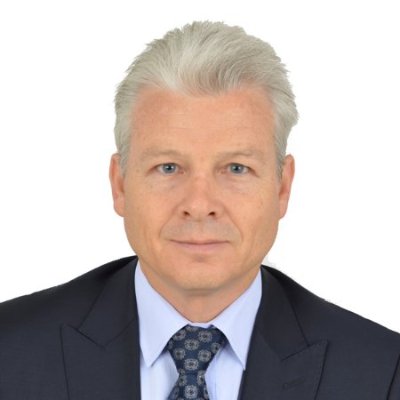
Director, Programme Division, the United Nations Human Settlements Programme (UN-Habitat), Nairobi, Kenya
Raf Tuts is Director of Programmes at UN-Habitat, based in Nairobi, Kenya, where he is overseeing UN-Habitat’s overall thematic work and field operations. He joined the United Nations in 1995. Earlier assignments with UN-Habitat included his role as Coordinator of the Urban Planning and Design Branch, focusing on promoting compact, integrated and connected cities that are inclusive and resilient to climate change. He also served as Acting Coordinator of the Housing and Slum Upgrading Branch, Chief of the Training and Capacity Branch and Manager of the Localising Agenda 21 Programme, working on strategic and action planning in secondary cities in Kenya, Morocco, Vietnam, and Cuba.
He co-edited Urban Trialogues, reflecting on visioning, action planning and co-production of urban space as a resource for sustainable development. He coordinated the publication International Migrants and the City, co-directed Guidelines for developing eco-efficient and socially inclusive infrastructure and supervised the guidebook on Urban Patterns for a Green Economy.
He led UN-Habitat’s engagement in the formulation of the Sustainable Development Goals, including the advocacy for SDG-11 on making cities and human settlements inclusive, safe, resilient and sustainable.
Before joining UN-Habitat, he worked at the Department of Architecture, Urbanism and Planning at the University of Leuven and the Housing Research and Development Unit at the University of Nairobi. In 1985, he obtained a Masters of Science degree in Architectural Engineering from the University of Leuven, Belgium. In 2016, he was awarded the title of Honorary Professor at his alma mater university.
He received the World Bank Vice-President Team Award in 2011 for global partnership building on Cities and Climate Change. He also received ISOCARP’s 50th Anniversary Award in 2015, in recognition of UN-Habitat’s urban planning work.
Gino Van Begin

Gino has been working for ICLEI – Local Governments for Sustainability for more than 15 years. In his roles as Regional Director for Europe (since 2002), Deputy
Before joining ICLEI, Gino worked in Russia for seven years as an advisor and as Team Leader at the EU-funded Environmental Centres for Administration and Technology in Kaliningrad and St. Petersburg. Prior to that, he worked in Brussels for five years at the European Commission, DG Environment. Trained as a lawyer at the University of Brussels, Gino speaks Dutch, French, English, German and Russian.